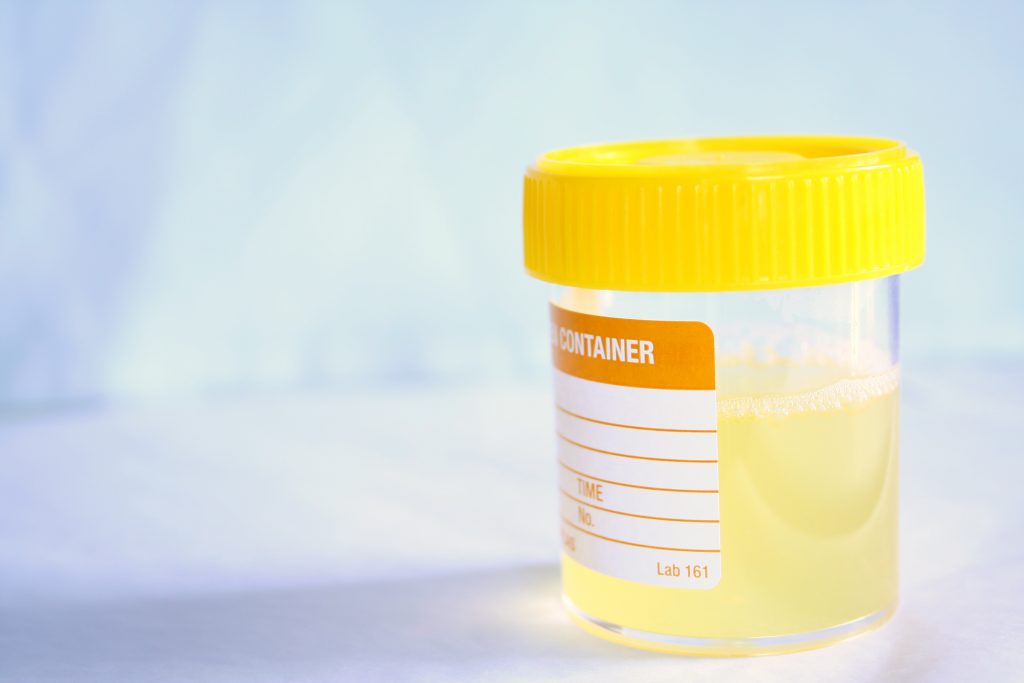Urinary Tract Infection (UTI)
Do I Need Antibiotics for Urinary Tract Infection (UTI)?
A urinary tract infection is a general term for an infection anywhere between the kidneys and the urethra (where urine comes out). Most urinary tract infections are bladder infections. They often cause pain or burning when you urinate. They’re caused by bacteria and can be cured with antibiotics.
Why You Might Need Antibiotics for Urinary Tract Infection
Antibiotics prescribed by your doctor will usually cure a bladder infection. It may help to drink lots of water and other fluids and to urinate often, emptying your bladder each time.
Symptoms of Urinary Tract Infection (UTI)
- Burning or pain when urinating
- Increased frequency of urinating
- Fever and flank pain
Prevention of Urinary Tract Infection (UTI)
- Empty your bladder each time that you urinate.
- If you are a sexually active woman, urinate shortly after having sex and use a birth control method that does not include spermicides.
- If you are a woman past menopause who is having repeated UTIs, using vaginal estrogen may help.
Management of Urinary Tract Infection (UTI)
- Drink lots of water and fluids
- Urinate often, emptying your bladder each time
Asymptomatic Bacteriuria
Asymptomatic bacteriuria (ASB) refers to the presence of bacteria in the urine without symptoms of a urinary tract infection. ASB is a colonization state rather than an infection and DOES NOT require antibiotics. Older persons are much more likely to have bacteria in the urine as a normal condition of aging.
Why You Don’t Need Antibiotics for Asymptomatic Bacteriuria
Giving antibiotics for this condition will cause unnecessary side effects including diarrhea and will promote resistance of bacteria.
NOTE: Cloudy, foul smelling urine does not indicate a urinary tract infection. It usually indicates dehydration and does not need to be investigated with a urine test. Your health-care provider will assess your symptoms and may not prescribe antibiotics without additional symptoms of a UTI.
In British Columbia, you can call HealthLink BC (at 8-1-1) or visit healthlinkbc.ca if you need advice or are unsure of the best course of action.




